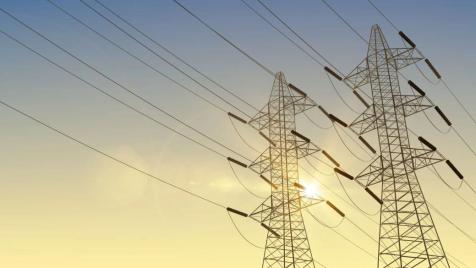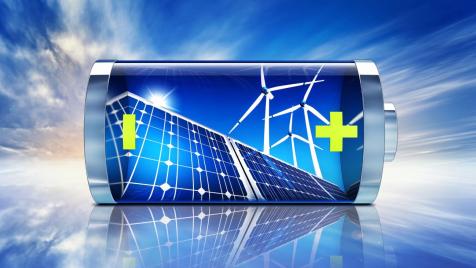Bulgaria is slowly moving towards the European target for renewable energy consumption
The share of renewable energy sources is increasing, but is still lower than in 2020
© ECONOMIC.BG / Krasimir Svrakov
The share of renewable energy in gross final energy consumption in Bulgaria grew to 22.55% in 2023. The increase is 3.51 points, compared to 2022, when the indicator was 19.04%. This is according to data from the National Statistical Institute (NSI), published on Monday.
The reason for the relatively significant growth compared to 2022 and 2021, however, is not that in Bulgaria renewable energy consumption has increased so much but is rather a reflection of the way it is measured due to a change in the European directive, which was then transposed into the national legislation. The information on the sustainability of biomass fuels is incomplete, due to a lack of sustainability criteria, as is clear from the NSI data.
If we take 2020 as a comparison, then the share of RES in consumption is higher - 23.32%.
This result is slowly bringing our country closer to the European Union's goal, according to which RES must account for at least 32% of gross final energy consumption by 2030, and 14% of fuels used in the transport sector must come from renewable energy sources by 2030.
The NSI breaks down the sectoral shares of renewable energy, with each of them showing an increase compared to 2022. It is the largest in electricity produced from renewable sources - by 9.35 percentage points - to 29.43%. Renewable energy for heating and cooling (including solar thermal energy, geothermal energy, heat from the environment - heat pumps, etc.) also reports growth - by 3.23 percentage points, reaching a share of 34.88%. The smallest renewable energy increase is seen in the consumption of fuels by the transport sector - by 0.43 percentage points, to a share of 8.09%.
The NSI indicator measures how widespread the use of energy from renewable sources is and, by implication, the extent to which renewable fuels have replaced fossil and/or nuclear fuels, and therefore contributed to the decarbonization of the economy.
It is calculated as a percentage ratio between the gross final consumption of energy from renewable sources and the gross final consumption of energy from all energy sources.
Translated by Tzvetozar Vincent Iolov

 Economic.bg
Economic.bg 


